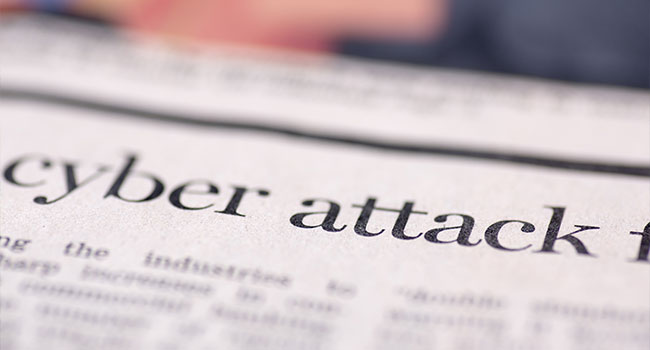
Report: Insurance Companies Are Exacerbating Rise in Ransomware Attacks
A ProPublica investigation found that the decision by insurers to pay hackers instead of encouraging victims to recover files by themselves is helping fuel a surge in ransomware.
- By Haley Samsel
- Aug 28, 2019
When the leaders of Lake City, Florida, agreed to pay hackers about $460,000 in return for control of the town’s files and servers, they were playing into a disturbing and growing trend. Lake City’s insurer said the government would only be responsible for a $10,000 deductible and receive access to their data at a much faster speed than it would take for their IT staff to recover the files.
So the city council and mayor unanimously agreed to pay the ransom in June, unintentionally giving other malicious actors a signal that insurance companies will pay increasingly large sums if it is less than the amount it would take to independently recover files. A recent ProPublica investigation revealed the dicey dynamic between organizations, the insurers that represent them and the attackers targeting vulnerable systems.
“We pay a $10,000 deductible, and we get back to business, hopefully,” Lake City Mayor Stephen Witt told the outlet. “Or we go, ‘No, we’re not going to do that,’ then we spend money we don’t have to just get back up and running. And so to me, it wasn’t a pleasant decision, but it was the only decision.”
Ransomware is only becoming more widespread, taking down systems in 22 Texas towns earlier this month and fueling worries that it might be used to take down state election systems. That means there is an increasing demand for cyber insurance, which has become an estimated $7 billion to $8 billion-a-year market in the United States, ProPublica reported.
While the FBI and security experts warn against paying ransoms and encouraging more hackers to target city governments and other institutions, it makes financial sense for insurance companies that do not want to be responsible for huge costs associated with lost revenue, ongoing data recovery fees and more, according to insurance industry members.
“The onus isn’t on the insurance company to stop the criminal, that’s not their mission,” Loretta Worters, a spokeswoman for the Insurance Information Institute, said. “Their objective is to help you get back to business. But it does beg the question, when you pay out to these criminals, what happens in the future?”
She added that hackers “see the deep pockets. You’ve got the insurance industry that’s going to pay out, this is great.”
The average ransom payment also grew sixfold between last October and this July to about $36,000, according to an analysis by Coveware, a security firm. Experts interviewed by ProPublica noted that the growth in ransomware attacks creates a “vicious circle” because there’s good money in ransomware for the attacker, recovery experts and insurers.
“It’s a hard cycle to break because everyone involved profits: We do, the insurance carriers do, the attackers do,” said Bret Padres, the CEO of The Crypsis Group, an incident response firm.
While ransom payment can encourage attackers, it’s up to insurers to decide the cost-benefit analysis and make the right decision for all involved, said Michael Lee, the city spokesman for Lake City.
“The insurer is the one who is going to get hit with most of this if it continues,” Lee said. “It’s kind of hard to argue with them because they know the cost-benefit of [paying ransoms]. I have a hard time saying it’s the right decision, but maybe it makes sense with a certain perspective.”